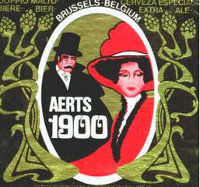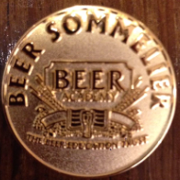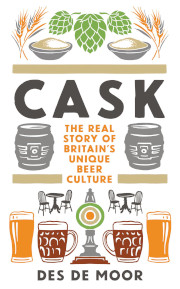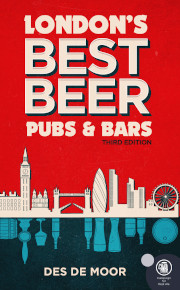
Palm Aerts 1900
ABV: 7.5%
Origin: Steenhuffel (Londerzeel), Vlaams-Brabant, Flanders
Website: http://palm.be
Date: 25 September 2000
Another review from the archive written for the pioneering Oxford Bottled Beer Database (OBBD). I’ve left it uncorrected — so please read it in that historical spirit. Palm is still very much around as one of Belgium’s national brewers, but, despite effusive praise from Michael Jackson among others, Aerts 1900 was discontinued soon after this review was written. One of the retired brands I’d most like to see revived.
The Palm brewery in Steenhuffel is an important independent known for the depiction of a local Brabant horse on its logo and the production of Palm Spéciale, a best selling Belgian pale ale in the hoppy malty style that is the closest traditional beer to English bitter. The Spéciale, to me, isn’t a patch on its closest rival De Koninck, but this sister beer at a premium gravity is something else — I remember loving the first bottle I tried in Belgium and I eagerly snapped it up when I spotted some on the shelf at Bottles in east London. I wasn’t disappointed.
Aerts (pronounced Arts) is a defunct brewery taken over by Palm, and the ‘1900’ refers to the year: as confirmed by the label’s art nouveau pastiche, the beer is intended to evoke the sort of thing the cosmopolitan sophisticates of the last fin de siècle might have enjoyed.
Indeed this triple-fermented (bottle-conditioned) beer oozes class. Poured clear, as advised on the label, it comes out deep chestnut in colour with a very restrained aroma of fine hops. The soft head soon shrinks but the lace lingers to the last.
The taste is full of sweetish fruit-cakey malt with lots of inviting fruit flavours, including figs and a slight grapiness, balanced by sharp citrus and rich hops. The bitterness that develops is very firm but by no means overstated and balanced just right: it stays with you through a long finish that reprises some of the grapiness of the palate. As you drink you can just catch the whiff of alcohol, but the beer isn’t in the slightest heavy and cloying: if it doesn’t leave you gasping for more it’s because the experience is so satisfying.
It’s also a beer which should prove appealing to British ale drinkers: if you appreciate a strong pale ale, you’ll be on familiar territory here. A minor classic of the Belgian scene, well-worth seeking out – thankfully they do still make ’em like that these days!





Leave a Reply